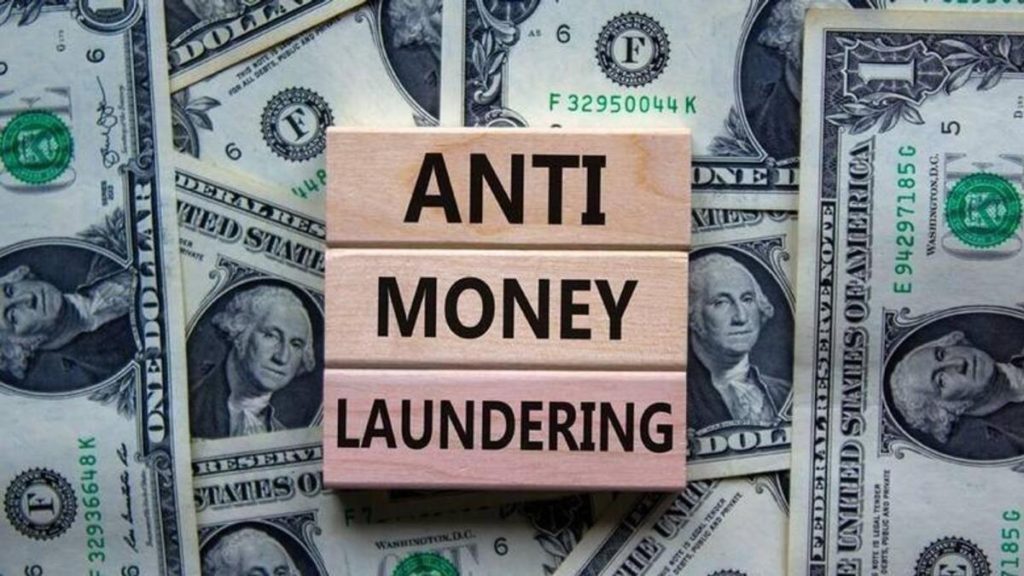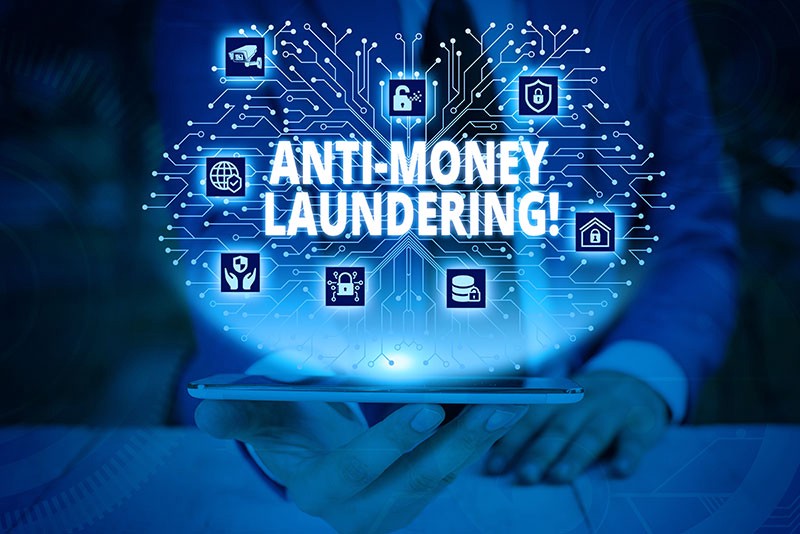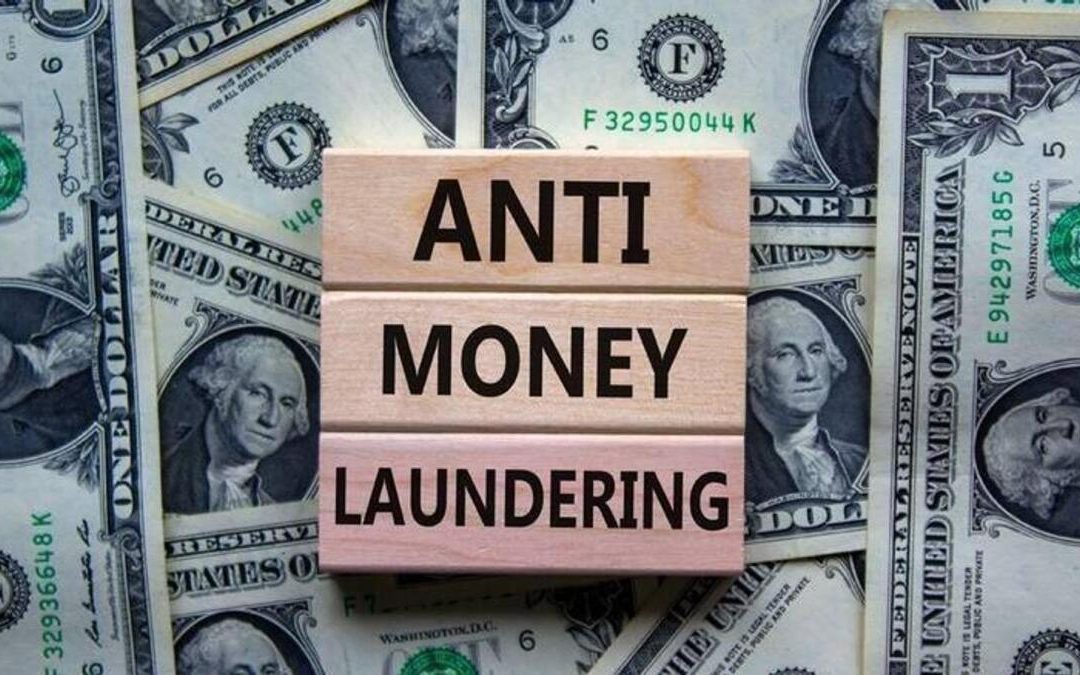Anti-Money Laundering in the UAE
An anti-money laundering approach in the UAE is being taken seriously as the UAE is serving advancement opportunities to new businesses for economic growth. In this regard, the Dubai Financial Services Authority (DFSA) is also playing an extremely vital part. The DFSA is considered one of the most important financial hubs in the Middle East, mainly in the UAE. As Dubai hosts a wide variety of international businesses, its economic zone: the Dubai International Financial Centre (DIFC) is expanding.

In 2004, the Dubai International Financial Centre was established, giving business and investment opportunities to hundreds of financial institutions and banks to settle. Since then, the DIFC has become a big name making its place in the global world by being in the top ten financial centers of the world. This particular profile of DIFC and the services and assistance offered by the DFSA has been remarkable for the economic growth of Dubai, UAE. However, it has also made Dubai vulnerable to financial criminals that seek to exploit the wealth and concentration of the finance departments.
Money laundering, territorial activities in the finance sector, and exploiting the city-state’s concentration over the serious matters of wealth are all the factors that have given birth to the Anti-Money Laundering approach in the UAE. The Dubai International Finance Centre addresses the financial threats by implementing its legislation and own regulatory regime. The regime, however, is separate from the wider jurisdiction of the UAE and is only under control by the Dubai Financial Services Authority. Moreover, the DFS Authority was introduced to be responsible for addressing financial crimes and money laundering activities in the economic zone: DIFC.
Furthermore, it is advised to all the financial institutions operating in Dubai to comply with the relevant Dubai Financial Services Authority regulations. For this purpose, they must be aware of the anti-money laundering and counter-financing of terrorism risks they could face.
Dubai Financial Services Authority and Its Importance
The DFSA was established in 2004 as the only financial regulatory agency under authority granted by article 121 of the UAE constitution. The mandatory task of the DFS Authority is to protect the Dubai International Financial Centre which by extension protects the economy of Dubai. It is authorized to detect and prevent financial crimes by enforcing anti-money laundering regulations and counter-financing of terrorism regulations.
The DFSA has a certain set of regulations that are mandatory to be followed. Amongst all authorities and institutions in the UAE, DFSA must combat money laundering practices along with maintaining a legal framework that is there to support those institutions concerned with anti-money laundering and financial territorial crimes related to money laundering. The DFSA is also supposed to counter the financing of terrorist operations and suspicious organizations to protect the economic advancements of Dubai.

In addition, the Dubai Financial Services Authority is supposed to cover all financial regulations within the Dubai International Financial Centre which include various aspects such as asset management, banking and credit services, financial security, investment funds, insurance, Islamic finance, and so on and so forth.
Dubai Anti-Money Laundering Regulations
The regulations for anti-money laundering in Dubai are mainly based on the UAE’s federal legislation that is established and developed to meet the international standards of AML/CFT. These regulations are set out in the recommendations of the International Financial Action Task Force, FATF. In Dubai, some of the important acts of federal law governing AML include:
- Federal Law No. 1 of 2004, Decree on Combatting Terrorism Offences
- Federal Law No. 4 of 2002, Concerning Combatting Money Laundering and Terrorism Financing Crimes
- Federal Law No. 20 of 2018, On Anti-Money Laundering and Combatting the Financing of Terrorism and Financing of Illegal Organisations
Moreover, the federal UAE has wide laws. Therefore, the separate and complementary regulatory law 2004 has been imposed to the economic zone, DIFC, with specific AML/CFT regulations. All of this is done under the jurisdiction of the Dubai Financial Security Authority.
In addition, the Article 7 (1) of the regulatory law 2003 requires organisations within DIFC to follow and comply with the obligations imposed under the UAE federal law. Similarly, to be able to operate in the DIFC as an organisation or entity, the banks or financial institutions must have an authorization from the DFSA with a obtained licence.
The DIFC Anti-Money Laundering Compliance
According to the recommendations of the Financial Action Task Force, the DFSA requires organisations and firms in the DIFC to take up a money laundering approach which is risk based. To shift it into practice, it means that the firms must develop an AML/CFT program proportioning to the money laundering risks they might potentially face. For this purpose, the following measures and procedures must be highly considered:
Customer Due Diligence
Appropriate CDD measures in firms must take place in order to verify the identities of their customers. This practice ensures whether they are being truthful about the nature of their business. Similarly, customers who present a higher money laundering risk for any reason must be subjected to enhanced due diligence measures that must strictly verify further.
Transaction Monitoring
Firms should take monitoring customer transactions seriously as well as their accounts activity so that it could indicate money laundering. To identify the potential money laundering financial institutions must look for transactions that exceed a certain threshold, suspicious transaction patterns, or transactions involving high-risk countries.
Screening
Firms are also advised to screen their customers for adverse media and politically exposed person status that could go against the relevant international sanctions list.
Compliance Officer
Firms should hire a compliance officer in their authoritative departments that should oversee internal AML programs. A compliance officer is also called a money laundering reporting officer, MLRO, who holds enough authority and expertise in their respective department to carry out their role effectively. When suspicious activity is detected within the firms of Dubai International Financial Centre, they must submit a suspicious activity report, SAR asap to the Dubai Financial Security Authority and the UAE Central Bank through their supervised contact forms or numbers.
Law Enforcement by Dubai Financial Security Authority
DIFC has set its accurate AML/CFT rules and legislations that the firms operating under the center must comply with. When the firms fail to comply with the AML/CFT regulations, the DIFC can conduct investigations and take action as it has the power to do so under offense. With the procedures, the DFSA is required to seek a variety of evidence for the investigation that is in process. The evidence includes obtaining accounts, details, and reviewing employees under an oath.
After all the procedures take place that includes a suspicious activity report, investigation, evidence collection, and interviewing, if the firms still fall short of the expected compliance standards then the DFSA imposes punishment. These punishments are of various forms such as fines, license suspensions, revocations or administrative restructuring, and so on accordingly. The fines for money laundering offenses range from between 10,000 to a million dirhams with prison sentences up to 10 years or more.
Receive Professional Advice With Accelerate Ideas
Get in touch with Accelerate Ideas to learn more about AML and CFT solutions in the UAE that can benefit your firm and help you comply with AML/CFT regulations in Dubai. Our professional, experienced, and reliable team also assists clients on how to start an institution in the Dubai International Financial Centre.
